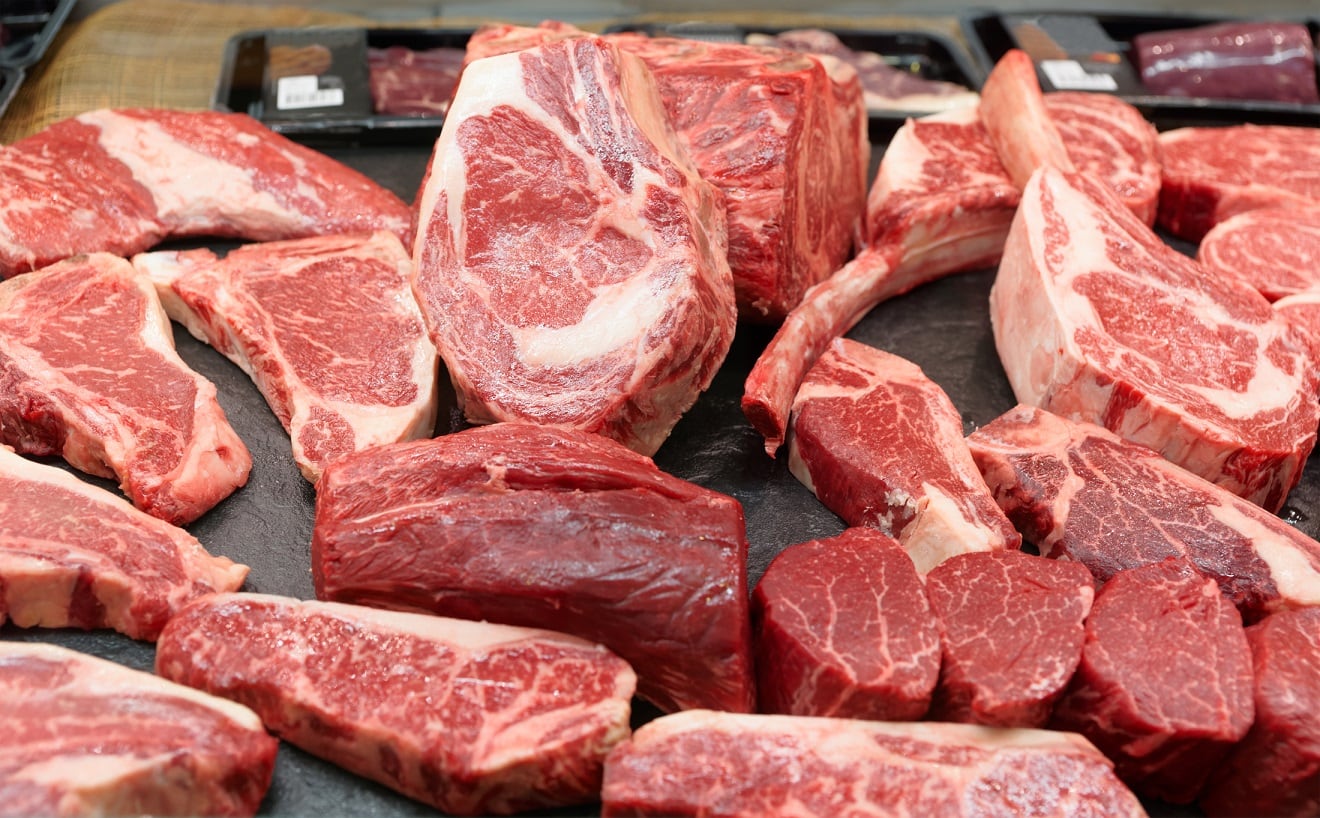BRF pulled in net revenues of $8.8bn for the third-quarter of 2018, up 0.4% on the previous year, but adjusted EBITDA dropped 35.7% to $604m – results its global CEO said began to reflect its “recovery strategy”, announced back in June.
Earlier this year, BRF announced the off-loading of operations in Argentina, Europe, and Thailand to help reduce its debt and a major restructure at board-level.
Recovering from a costly meat scandal
Last year, Brazil's Federal Police launched Operation Carne Fraca or 'Operation Weak Meat' which saw raids across six Brazilian states following a two-year investigation into allegations that health inspectors were taking bribes to approve sub-standard meat. Of the 30 companies accused of a number of unhygienic practices, BRF was one of the major meat producers involved.
In a third-phase of the investigation, coined Operation Trapaça, four BRF plants were also investigated in connection with fraudulent lab tests of meat intended for export. Brazil's Federal Police released its final report on this phase last month, charging 43 people, 14 of which were BRF employees.
Referencing the police report in its Q3 earnings report, BRF said the company remained available to authorities, regulators and clients “to provide any clarification deemed necessary” and had, “as a preventative measure and without prior judgement of the people involved”, immediately dismissed those involved who were still BRF employees.
“It is in BRF's best interest to clarify any issue under investigation and, above all, correct improve and reinforce internal controls and compliance practices to strengthen our operations. We will not tolerate any deviation from our fundamental commitments to safety, quality and integrity,” it said.
In a breakdown on its earnings, BRF noted that “impacts of Carne Fraca/ Trapaça operations” had cost the company $102m in Q3 and $288m in Q2, 2018.
Pedro Parente, global CEO of BRF, acknowledged the ongoing financial impact of Operation Weak Meat and Trapaça but reiterated that safety, quality and integrity were “non-negotiable pillars” of the company's strategy moving forward.
“Certainly I am fully convinced that, for the future, the company will no longer have to spend more with these items because we already are in the state-of-the-art in terms of safety, integrity and quality,” Parente told analysts during BRF's earnings call.
The global CEO said the company also had significant plans to rebuild and drive domestic business in Brazil, especially through omni-channel expansion and focus.
“...We clearly have a commercial strategy and once again we highlight this is already happening and this is expressed in the figures that we posted,” he said.
Brazilian export woes
Brazil, as a country, had a lot of work to do in marketing its meat produce better following the widespread corruption last year, and subsequent export bans, according to Adolfo Fontes, senior economic analyst for animal protein at Rabobank Brazil.
Speaking previously to FoodNavigator-LATAM, Fontes said: “The marketing of Brazilian beef in international markets needs to improve a little bit in the coming years, in order to pen new destinations. Globally speaking, if we compare the Brazilian brand as a producer to Australia or even Argentina, Brazil is still considered a country that could improve quality in order to meet the competition.”
Russia recently reopened its market to Brazilian pork meat – a move BRF described as “very positive”, despite not being on the preliminary list of companies allowed to trade.
“One reason is because it paves the way for us to continue negotiating the approval of our plants, and another is that it represents a potential contraction in domestic supply, positively impacting prices and, consequently, pork profitability,” BRF said.

